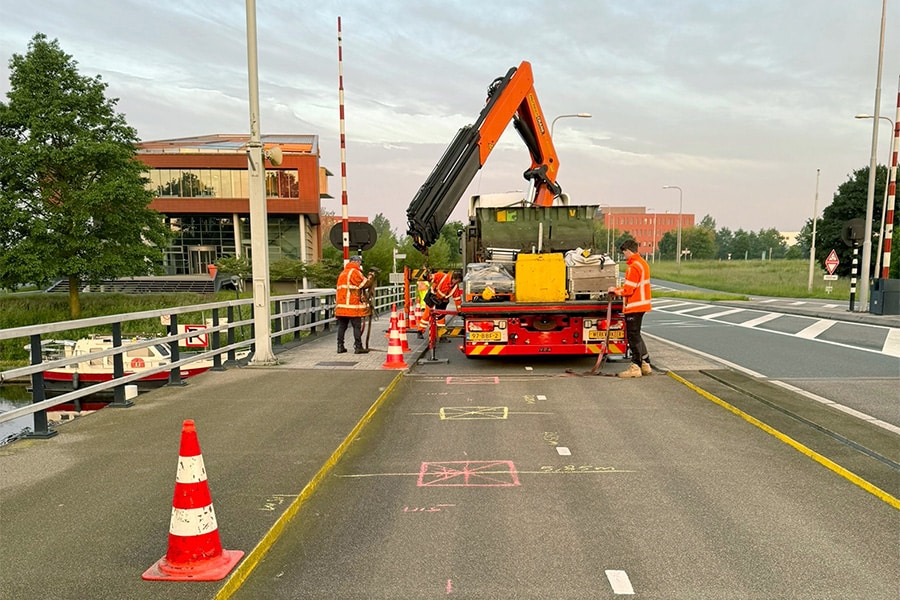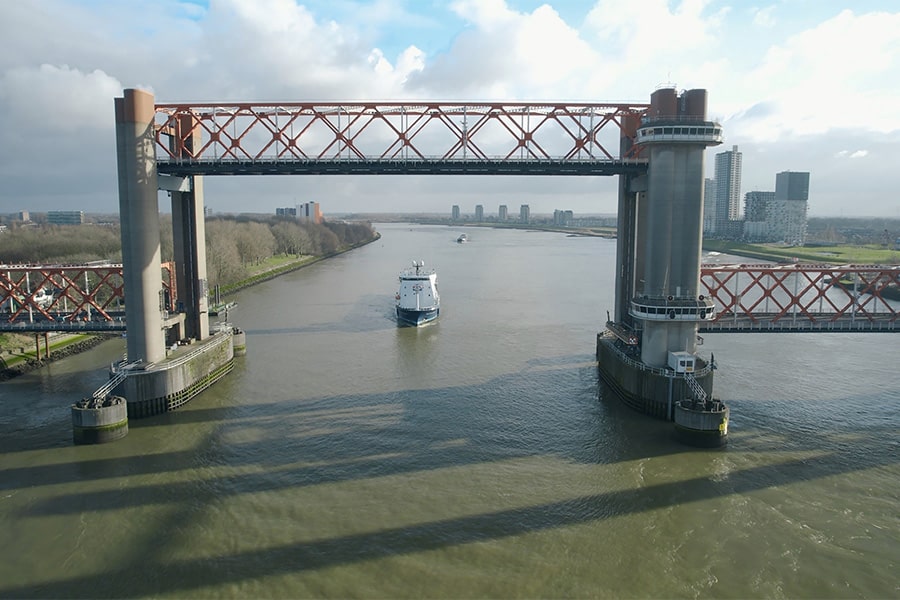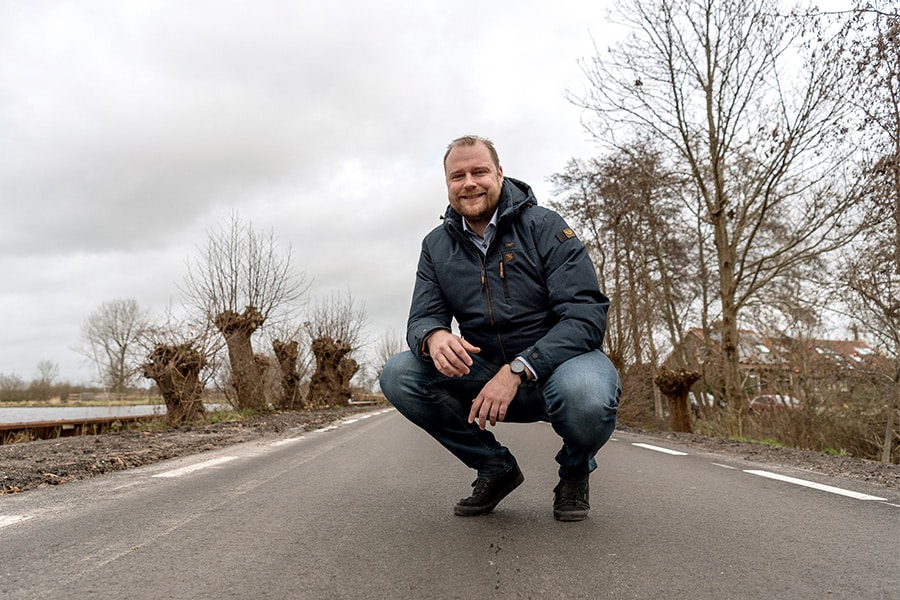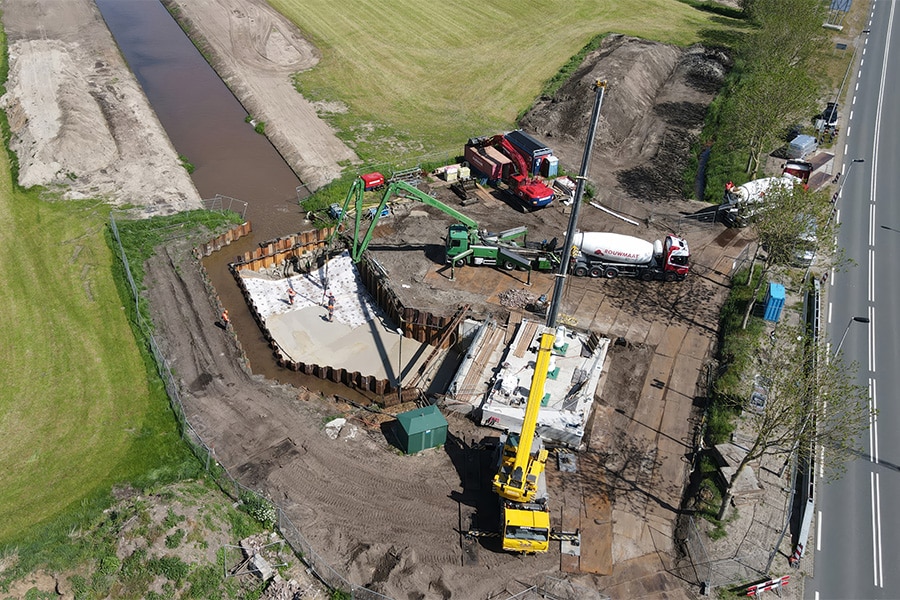
'Nice basis for sustainable innovation'
Conrad brings out the best in our earth. We are talking with owner and Head of Innovation Bram Muurlink of Conrad Stanen in Emmeloord. Specializing in flush drill masts and fully automated vertical drilling machines. "Compact, multifunctional and all powerhouses. We like to lead the way."
Conrad Stanen is an organization with history, with its feet firmly planted in the Dutch soil. Literally and figuratively. "The earth still offers so untold possibilities, provided we handle it the right way." Walllink: "We are a manufacturer and supplier of vertical drilling machines, supplying companies in a variety of industries, well drilling, soil testing and geothermal."
All machines produced to order
For more than a century, every machine Conrad delivers has been custom designed. Muurlink: "We invent, develop, sell and arrange service and maintenance, but do not drill ourselves. We do support newcomers to geothermal drilling with training and guidance. That cooperation is very important for new developments. All machines are custom produced and adapted to the latest wishes and requirements in terms of safety, efficiency and sustainability. And we design completely new installations. In recent years, for example, we have developed lightweight drilling machines weighing only 2,000 kg, which are easy to transport by trailer. This Boxer 50 is indispensable in the inner cities, where it is impossible to reach with large machines. Previously those holes were drilled by hand, but we want to minimize the physical load for drill masters," Muurlink emphasizes.

SBM10 helps strengthen levees
Another "hot topic" besides geothermal is the fight against water. Conrad Stanen manufactured the latest machine in a consortium with two other companies, Henk van Tongeren Water & Techniek and Profextru. The SBM10 is a relatively light soil boring machine - standard 30- to 40-ton foundation machines are too heavy - that installs sheet piles made of recycled plastic to counter piping of levees. These Prolock Aqua sheet piles are 100% circular, have a lifespan of more than 60 years and prevent water from flowing under the dike and taking sand with it.
"To get steel sheet piles in place you have to vibrate, which causes damage to the dike, or press. That doesn't work with plastic walls, which is why we drill down through the wall. We take the walls down as we drill. You can do that in two ways; dry through an auger or by flushing with a little bit of water, or fluidization," Muurlink said. "The same techniques can also be used at construction sites so that the influx of water is less. These temporary construction pits have the other big advantage of being more sustainable. The diesel pumps to pump the water away are unnecessary and that makes a significant difference in energy use and nitrogen reduction. Actually, we are not fighting against water, but working with the earth.... Only by understanding and respecting the earth can we take advantage of its power."



